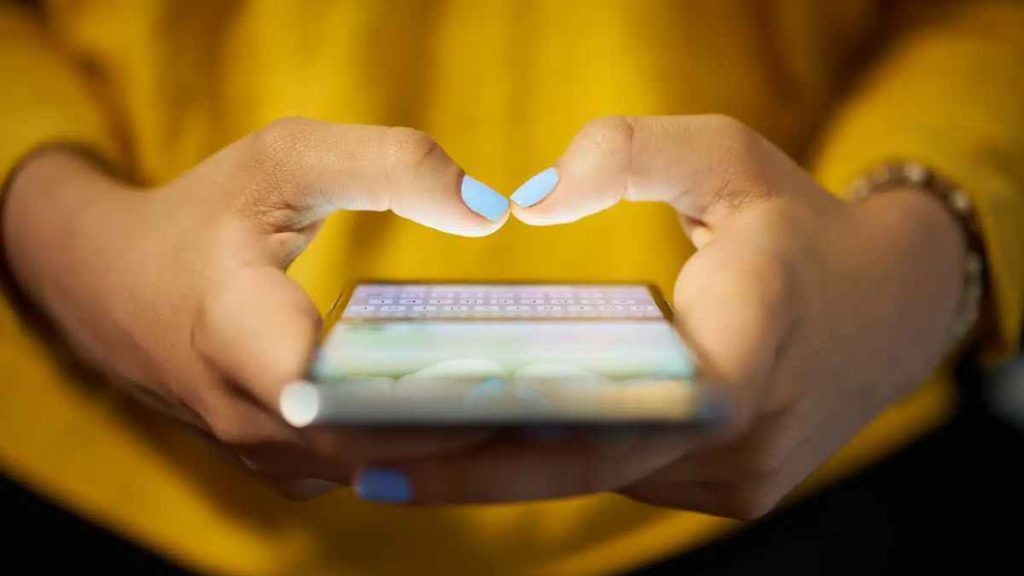The world of social media is a double-edged sword. While it has revolutionized the way we communicate, connect, and access information, it has also given rise to a new phenomenon – social media addiction. With the growing popularity of social media platforms like Facebook, Instagram, Twitter, and TikTok, young people are spending an increasing amount of time scrolling through their feeds, liking posts, and posting updates. However, this has come at a cost – the mental health of young people.
Social Media Addiction
Social media addiction refers to the compulsive use of social media that interferes with one’s daily life, relationships, and responsibilities. According to a report by the Pew Research Center, 88% of young adults aged 18-29 use social media, with 71% using it multiple times a day. This highlights the prevalence of social media use in young people and the potential risks associated with it.
So why are young people so addicted to social media? There are several reasons for this, including the availability and accessibility of technology, as well as psychological and social factors. Smartphones and internet accessibility have made social media platforms easily accessible, and their addictive design features, such as push notifications and endless scrolling, make it hard for users to disengage. Additionally, psychological factors such as fear of missing out (FOMO), social comparison theory, instant gratification, and dopamine release have contributed to the rise of social media addiction in young people.
Impact on Mental Health
The impact of social media addiction on young people’s mental health cannot be ignored. Anxiety, depression, sleep disorders, and eating disorders are some of the most common mental health issues associated with social media addiction. Young people experience anxiety due to FOMO, information overload, cyberbullying, online harassment and trolling, unrealistic expectations, and social pressure. Depression is another common mental health issue linked to social media addiction, caused by social isolation, negative social comparison, low self-esteem, and social support issues. Sleep disorders like electronic screen syndrome, blue light effect, sleep disturbance, and insomnia can be caused by excessive social media use. Eating disorders like negative body image and comparison, unhealthy lifestyle and diet patterns, and emotional eating can also be triggered by social media use.
Negative impact on personal life
The impact of social media addiction on young people extends beyond mental health issues. It can also affect their academic performance, social life, family relationships, and physical health. Poor attention span, lower grades, and academic achievement, as well as time management issues, are some of the ways social media addiction affects academic performance. Relationship problems, social isolation, loneliness, difficulty in communication, and social skills are some of the social life issues young people experience due to social media addiction. Neglecting family time, disrespectful behavior towards parents and siblings, and communication problems are some of the ways social media addiction affects family relationships. Obesity, inactivity, poor posture, eye strain, and an increased risk of chronic diseases are some of the physical health issues young people experience due to social media addiction.
Solutions
Social media addiction among young people can be challenging to overcome, but it’s not impossible. One possible solution is to prioritize self-awareness and education about the consequences of excessive social media use. This can include learning how to recognize addictive behavior patterns, developing strategies for avoiding social media triggers, and understanding how social media can negatively impact mental health. Another strategy is to promote mindful and healthy social media use by setting realistic goals and limits, engaging in alternative activities, and practicing self-reflection. Seeking professional help and support can also be effective in managing social media addiction, including therapy, counseling, and peer support groups. By working together to implement these solutions, we can help young people establish a healthier relationship with social media and improve their overall well-being.

